Donald Trump could lose GOP nomination: wildly unpredictable presidential politics set the stage
History tells us the former US president’s lead in the race for his party’s nomination could crumble once primaries start.
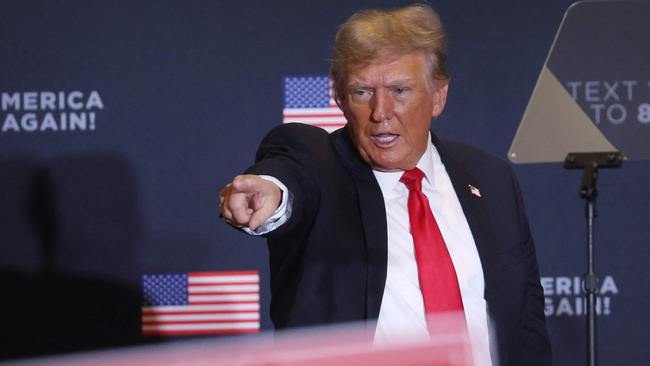
Attentive readers will have spotted that I have long thought it more or less inevitable that Donald Trump will be the Republican nominee again in 2024, setting up an especially dispiriting grudge rematch with Joe Biden.
While I remain sympathetic to the populist sentiment that propels Trump’s fortunes, and while I believe Biden’s presidency has left the US weaker and more divided, it should also be clear that I regard Trump himself as a uniquely toxic figure. I’m not in the camp of those who see a second Trump term as an existential threat to American democracy – the US is more resilient than that – but I do think he represents enough of a risk to Republican stability and good order to make his election a disturbing prospect.
So let me end 2023 with an exercise in the audacity of hope and make the case that there is just – just – a chance that Trump loses the Republican primary, and draw for you the narrowest of paths by which an alternative Republican seizes the nomination.
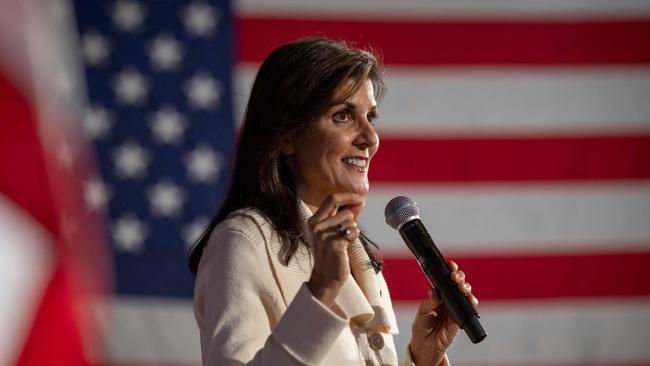
To anyone who looks at polling, this appears absurd. Trump enters election year in even better shape than he entered 2023. The Real Clear Politics polling average this week gives him a 48 percentage point lead over his nearest rival. He’s on 60 per cent, while Ron DeSantis and Nikki Haley are joint second on just 12 per cent. Eleven months ago Trump’s lead was a mere 20 points over DeSantis.
The national polls, pundits will tell you, don’t matter at this stage. The primary proceeds meanderingly, state by state, and it’s the state numbers we should be looking at.
Very well. In Iowa, the first state to vote in just a month, Trump’s lead is up from 12 points in May to 30 points today. In New Hampshire, which votes a week later, he’s gone from a 14-point lead in the spring to 25 points today.
So. Here’s how he loses. The first thing to remember is that primary elections are dynamic, not static. As each state votes, the outcome changes some voters’ minds in subsequent states. Candidates can build momentum in one state from a strong performance in an earlier one. The second thing to remember is that polling before a single vote has been cast is often wrong, even this close to the election.
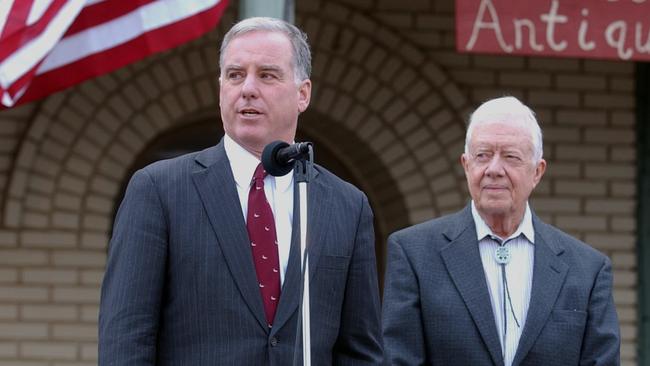
The best recent example was the Democratic primary in 2004. In December 2003, Howard Dean, a left-wing radical, was 19 points ahead of John Kerry, the Massachusetts senator. When Iowans went to vote, Kerry beat Dean by 20 points – 38 per cent to 18 per cent – with John Edwards coming in second at 33 per cent. You may recall the infamous Dean scream that greeted the result.
A month before the 2012 Republican caucuses, Newt Gingrich was ahead of Mitt Romney by 12 percentage points. He lost to Romney by 10.
A Kerry-style shift of 40 points against Trump and in favour of, let’s say Nikki Haley, who now seems the most serious challenger, between now and January 15 would give the state to Haley. Even a Romney-like 20-point shift would transform perceptions of the race.
The difference, of course, is that Trump is not Gingrich or Dean; two largely untested presidential contenders whose popularity may have been fragile. Trump has now been a presidential candidate for nearly a decade and has a solid phalanx of loyal, repeat supporters.
Yet Haley could still strongly outperform expectations in Iowa. She started out well behind DeSantis but has picked up powerful backers.
Last month the well-resourced Americans for Prosperity (AFP) group backed by the billionaire Koch brothers threw its support behind her. Money matters for buying advertising, but even more important, as a senior Republican figure who has campaigned extensively in the state told me this week, is organisation. AFP gives Haley access to one of the most sophisticated voter databases in the US.
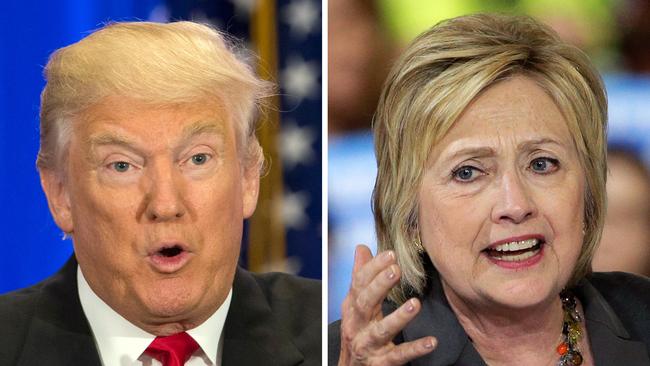
In Iowa that matters because in a caucus state where voters have to trudge to the polls on a freezing January night, the ability to mobilise voters is crucial.
So suspend your disbelief for a moment and imagine Haley does much better than expected in Iowa, maybe not winning but coming a strong second. The momentum would then be hers in the next state, New Hampshire, where she is already ahead of DeSantis.
Again, the Democrats’ experience in 2004 is instructive. Before Iowa, polls in New Hampshire put Dean 25 points ahead of Kerry in the state. After his victory in Iowa, Kerry surged and won it by 12.
So: Haley outperforms in Iowa, wins in New Hampshire and then moves on to the next contest: home advantage in her own state of South Carolina.
The stage is then set for Super Tuesday in early March when 17 states and territories vote – and could sink Trump for good.
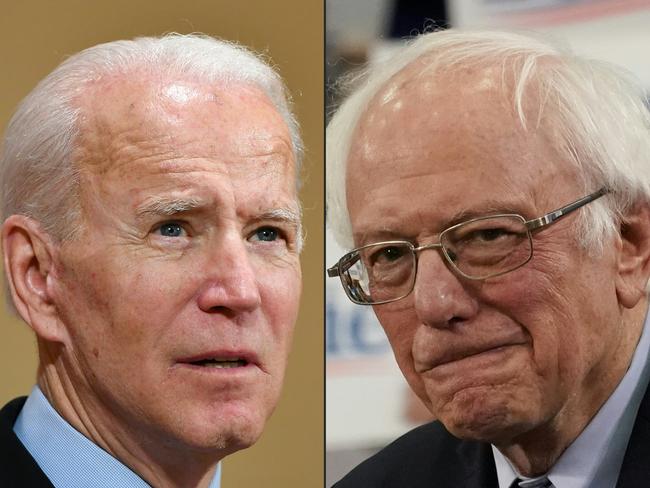
That sounds insanely far-fetched. But think how the national political conversation could adversely affect Trump. He has been pulling further ahead of late in part because he has had a relatively low profile.
National news has been dominated by Biden’s frailties and failures and the other Republicans knocking lumps out of each other in debates. But as the campaign takes off in earnest next month, and especially when the former president’s criminal trials begin, probably in March, he will be centre stage and some voters may be reminded why they don’t like him.
OK. This is fantasy stuff. But at least remember that American presidential politics have become wildly unpredictable. Weeks before the 2016 election, The New York Times’ calculator gave Hillary Clinton a 91 per cent chance of winning. In the early stages of the 2020 Democratic primary, Biden was 10 points behind Bernie Sanders.
The prohibitive favourite fails again. Is it probable? Absolutely not. Is it possible? Barely. Is it conceivable? Yes. It is conceivable. Happy Christmas!
The Times


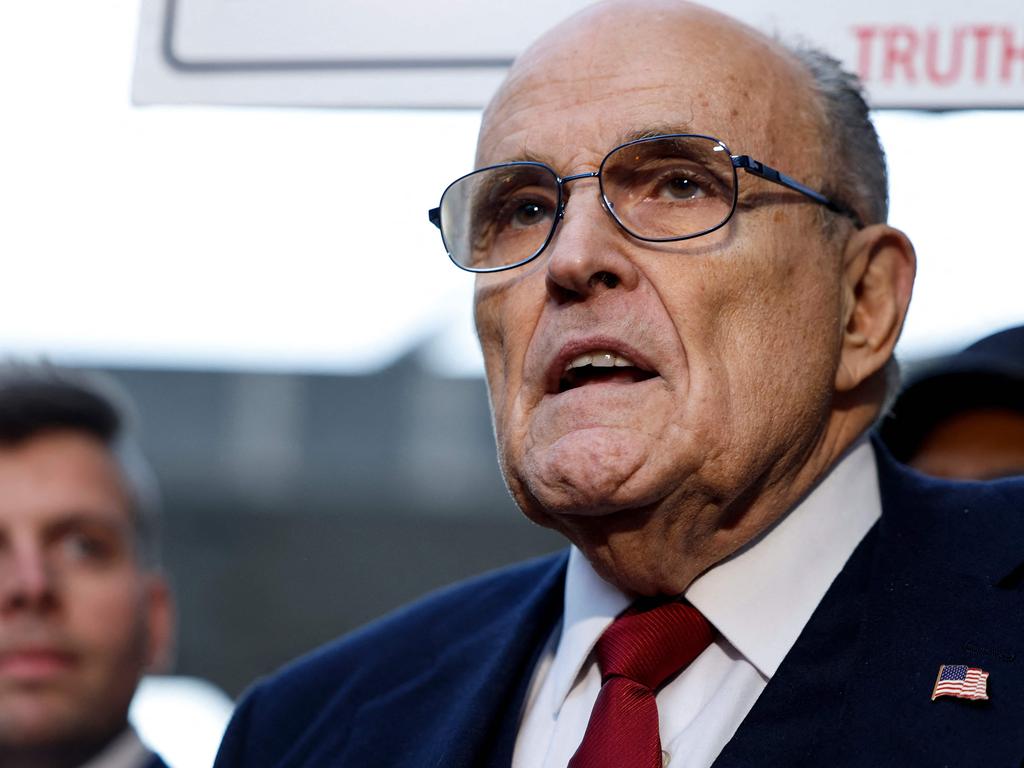
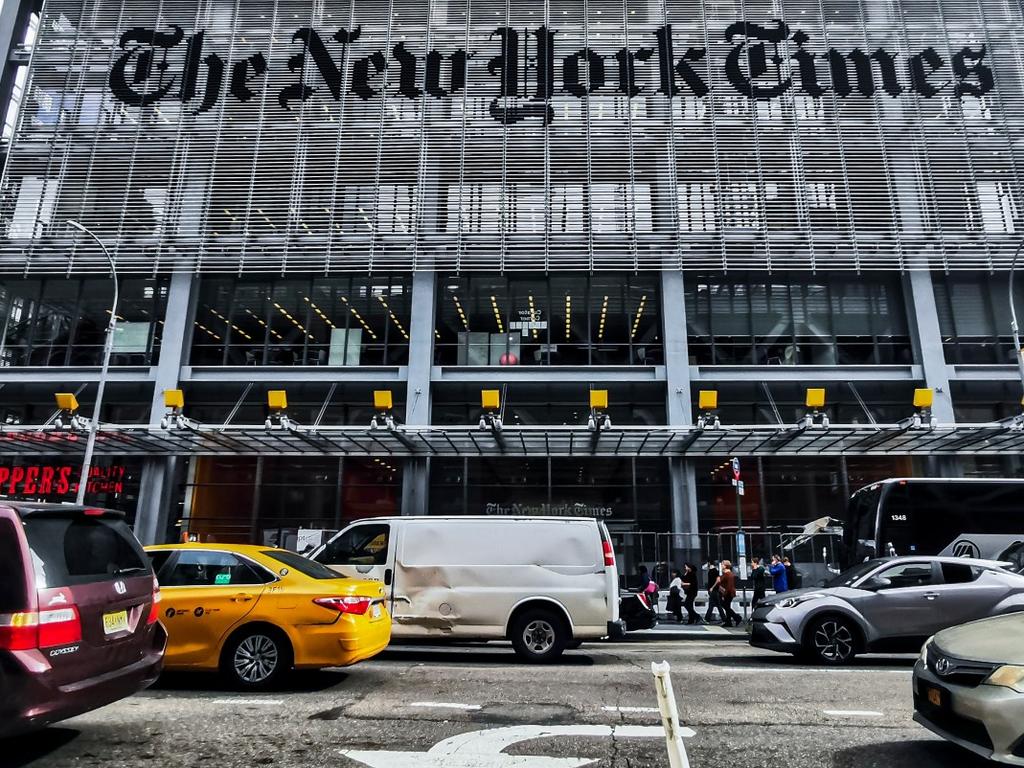




To join the conversation, please log in. Don't have an account? Register
Join the conversation, you are commenting as Logout